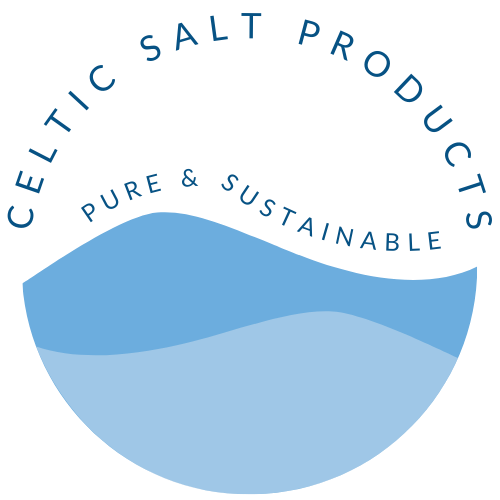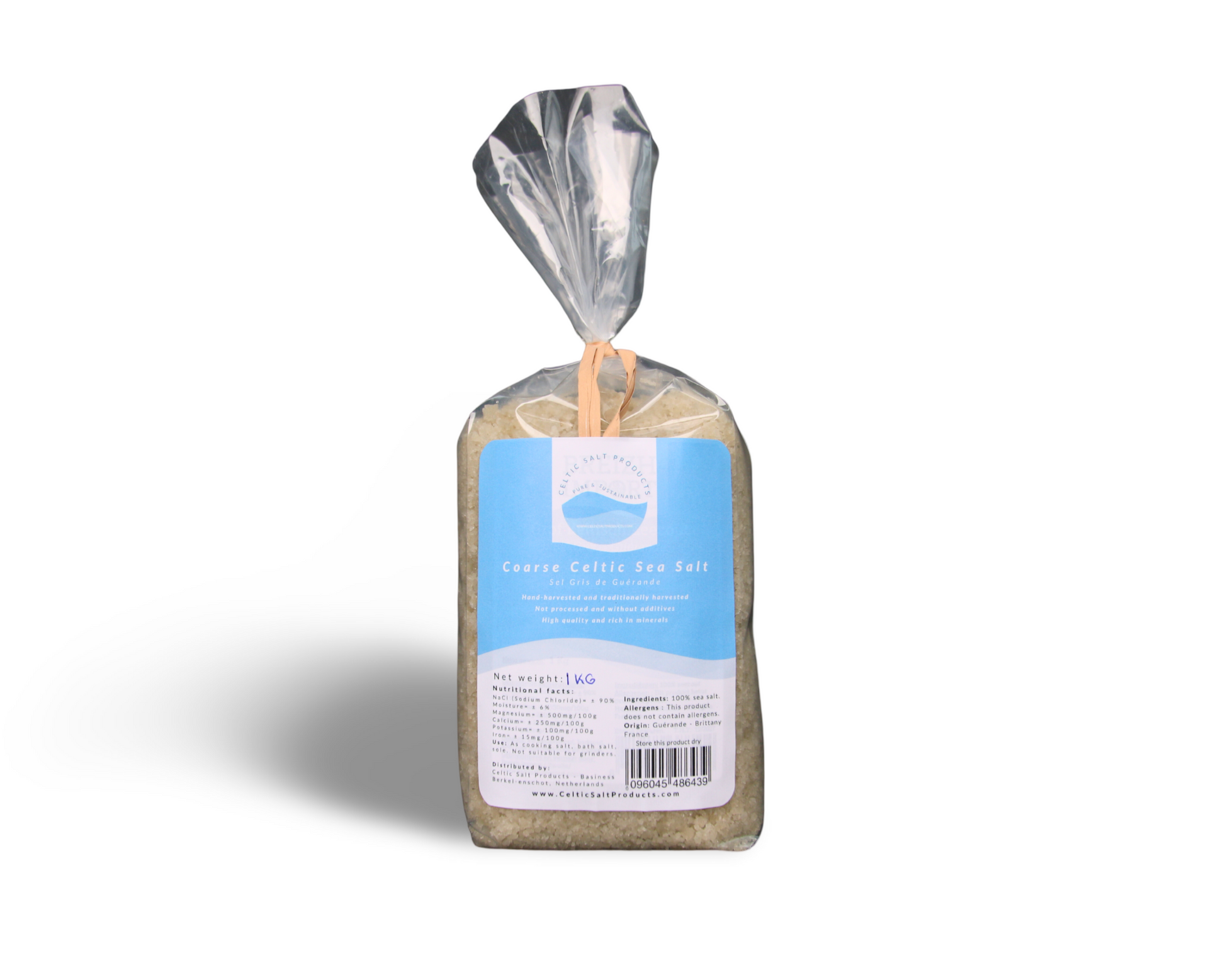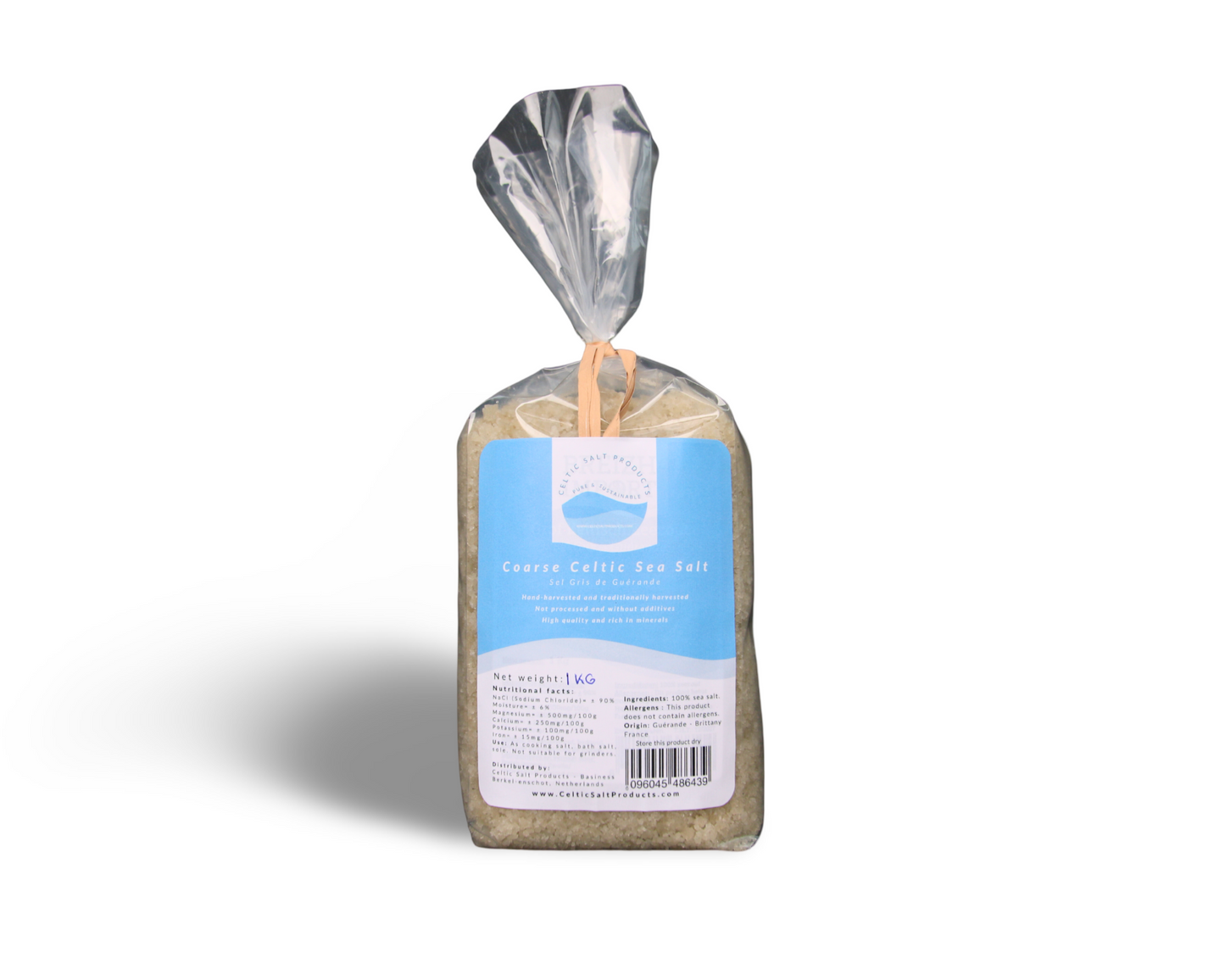Celtic sea salt, a highly prized variety of salt, is often lauded for its exceptional mineral content. This natural salt, harvested from the Brittany coast in France, is much more than just sodium chloride; it's a treasure trove of minerals essential for our health. In this blog, we explore the array of minerals present in Celtic sea salt and what makes it stand out from other salts.
The Unique Composition of Celtic Sea Salt
Celtic sea salt is known for its grey, almost moist texture, a result of its mineral-rich makeup and the traditional, artisanal methods of harvesting. But exactly how many minerals are in Celtic sea salt, and why does this matter?
Counting the Minerals
Celtic sea salt is said to contain upwards of 60 trace minerals. Some of the most significant ones include:
- Magnesium: Vital for over 300 biochemical reactions in the body.
- Calcium: Essential for bone health and muscular function.
- Potassium: Crucial for maintaining cellular function and electrolyte balance.
- Iron: Necessary for blood health and energy levels.
- Zinc: Plays a role in immune function, wound healing, and DNA synthesis.
The Health Benefits
The diverse mineral content in Celtic sea salt offers various health benefits. Magnesium, for instance, is known for its ability to alleviate stress, improve sleep, and maintain nerve function. Calcium and potassium work together to support heart health and muscle function. Iron is crucial for maintaining healthy blood, while zinc is important for a robust immune system.
Comparison with Regular Table Salt
Unlike regular table salt, which is highly refined and often stripped of its natural minerals except for added iodine, Celtic sea salt retains its natural mineral composition. This not only gives it a superior nutritional profile but also a more complex, nuanced flavor.
Environmental Factors
The environment where Celtic sea salt is harvested plays a key role in its mineral content. The pristine, pollution-free waters of the Brittany coast, along with the mineral-rich clay that lines the salt flats, contribute to the high mineral content of the salt.
Culinary Uses
Celtic sea salt is not only a healthful addition to your diet but also a versatile culinary ingredient. Its nuanced flavor can enhance a variety of dishes, from simple vegetables to complex sauces and meats.
Conclusion
Celtic sea salt is a remarkable natural resource, rich in vital minerals that contribute to its health benefits and culinary prowess. With over 60 trace minerals, it offers a wholesome, flavorful, and nutritious alternative to regular table salt. Incorporating Celtic sea salt into your diet means choosing a product that is as nourishing as it is flavorful, a true gift from the sea to your table.


